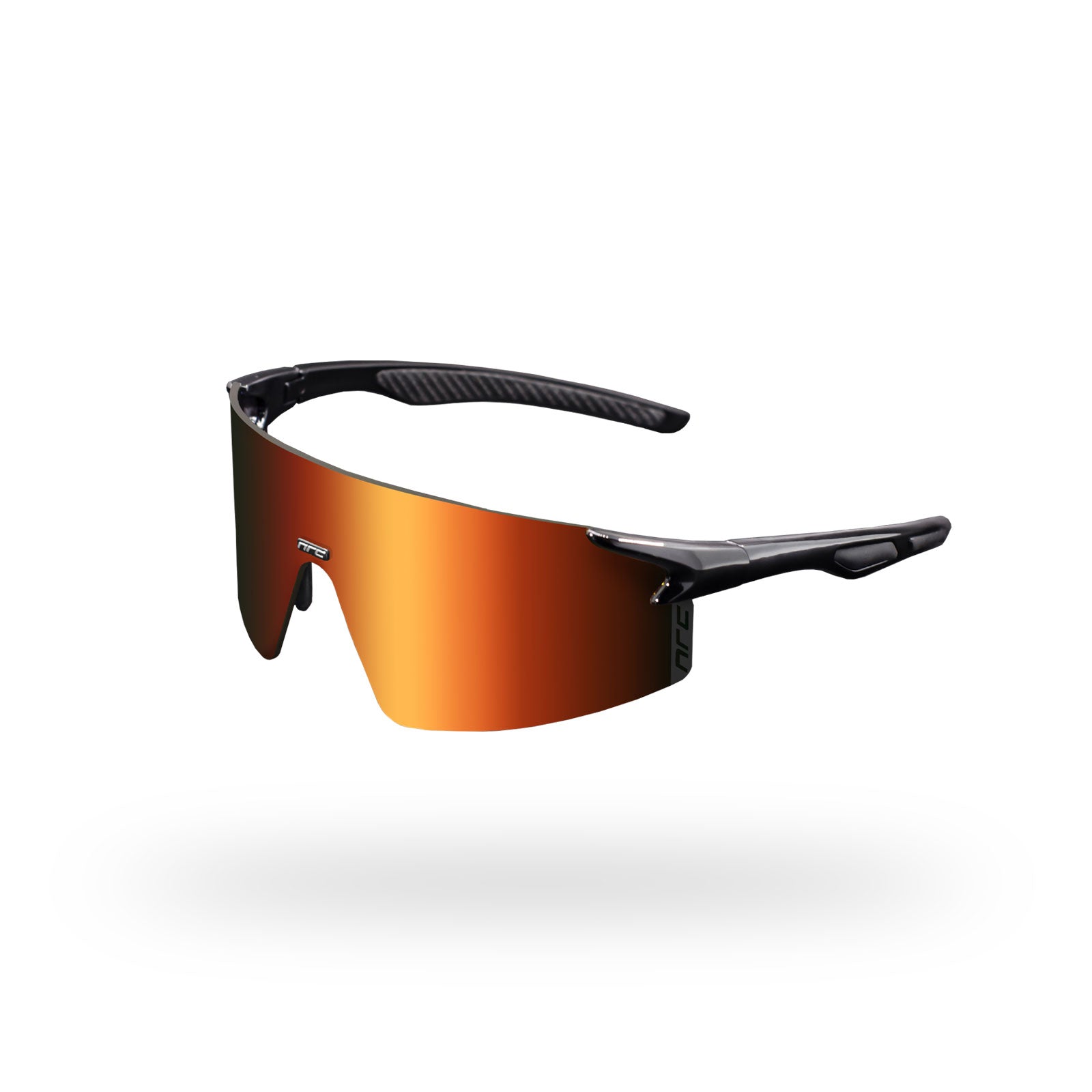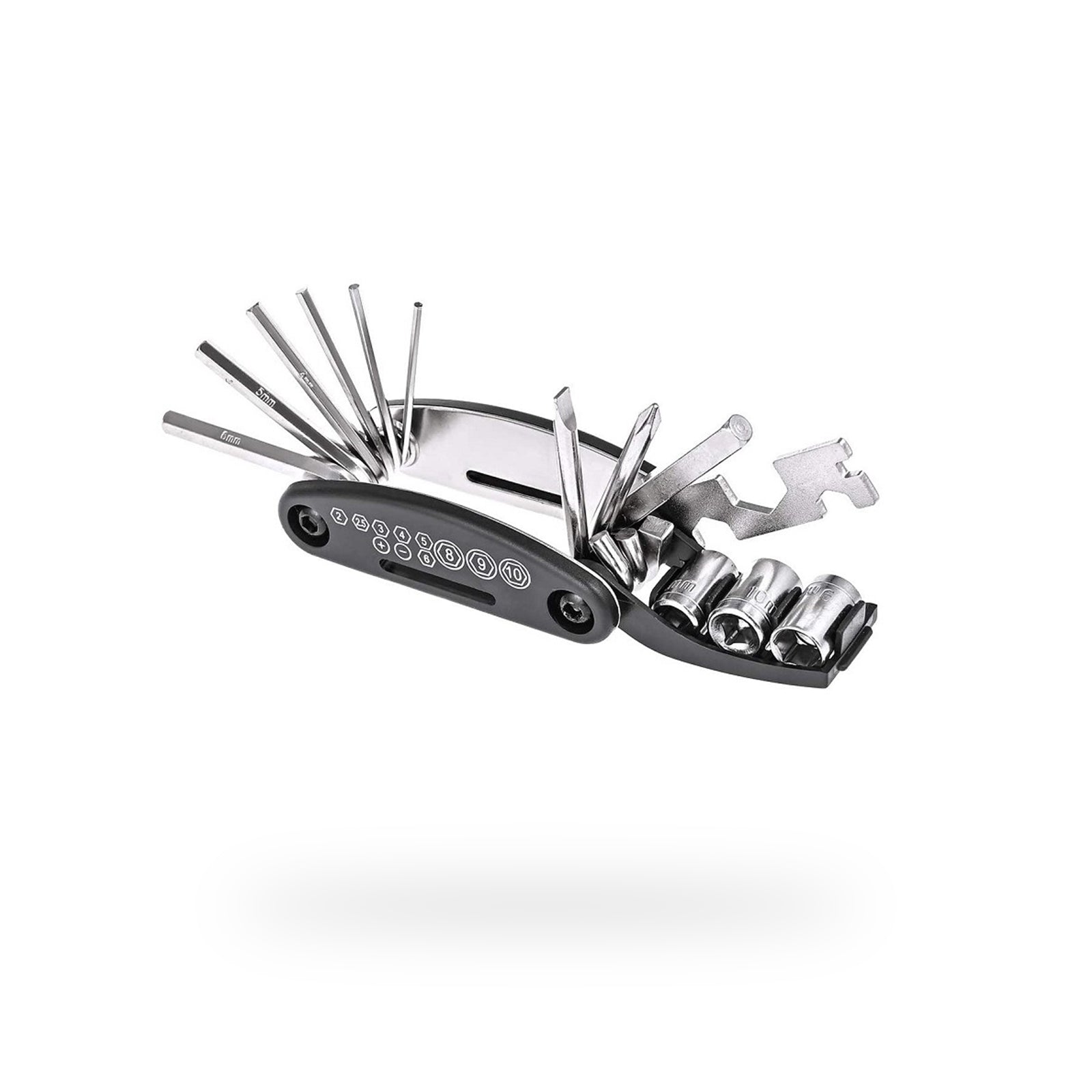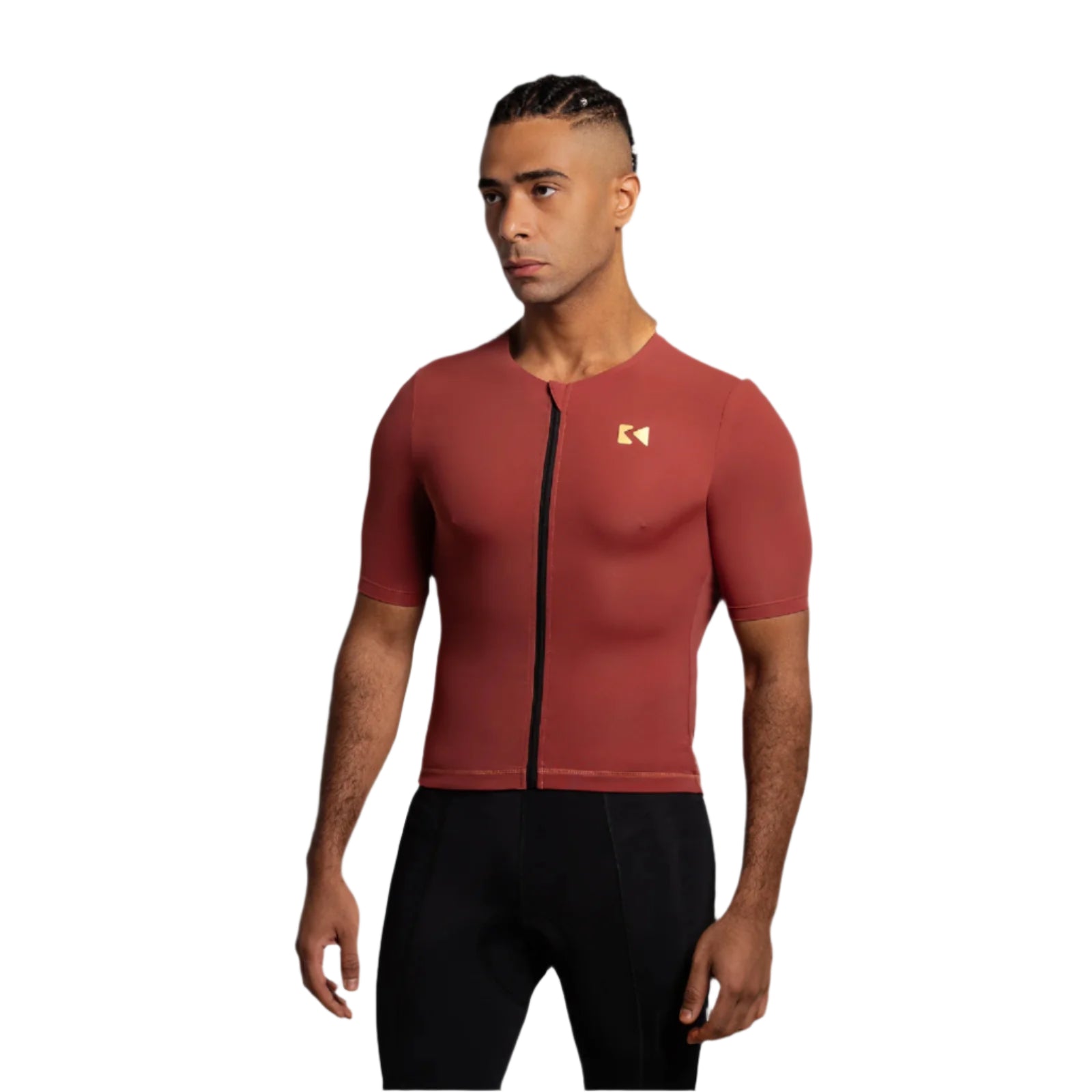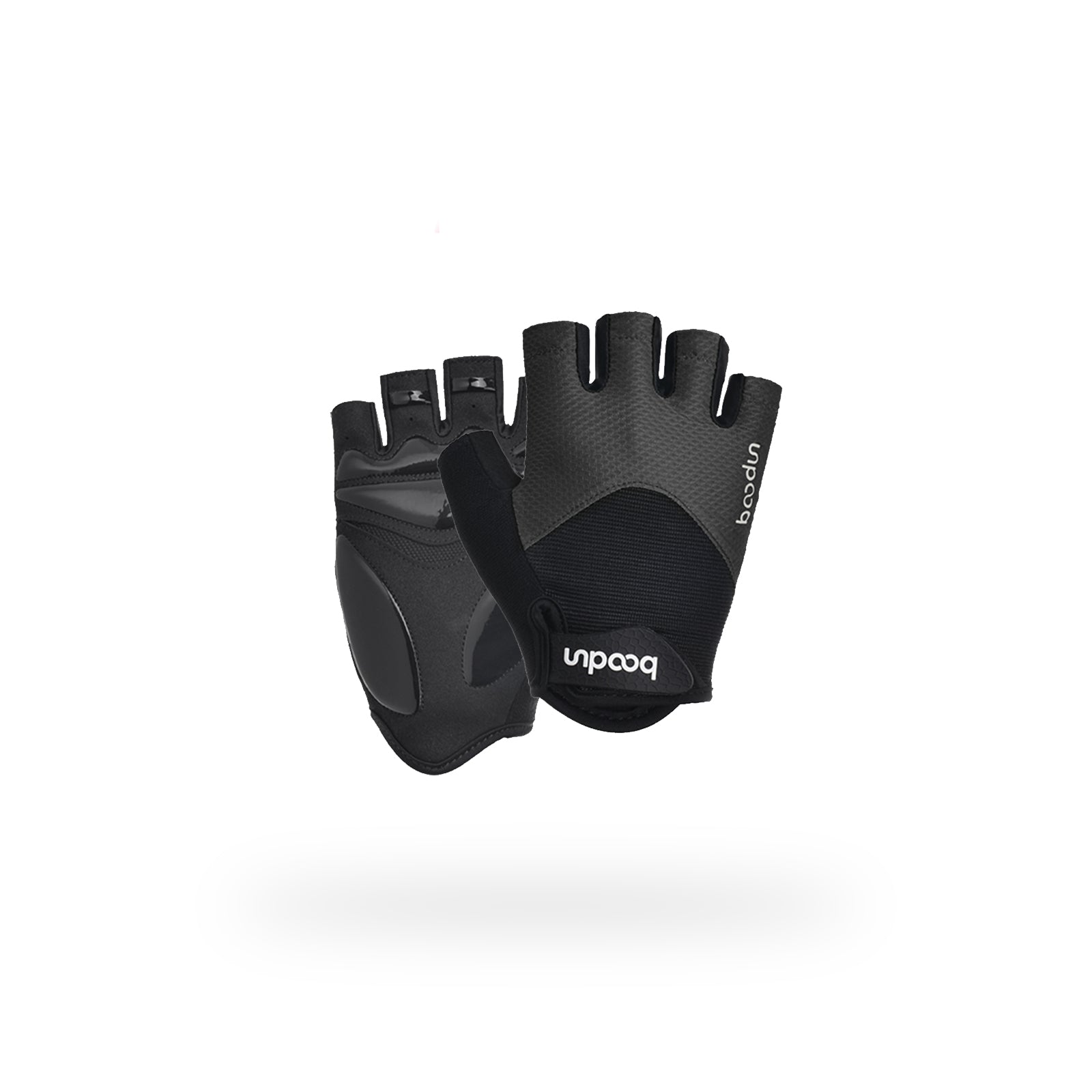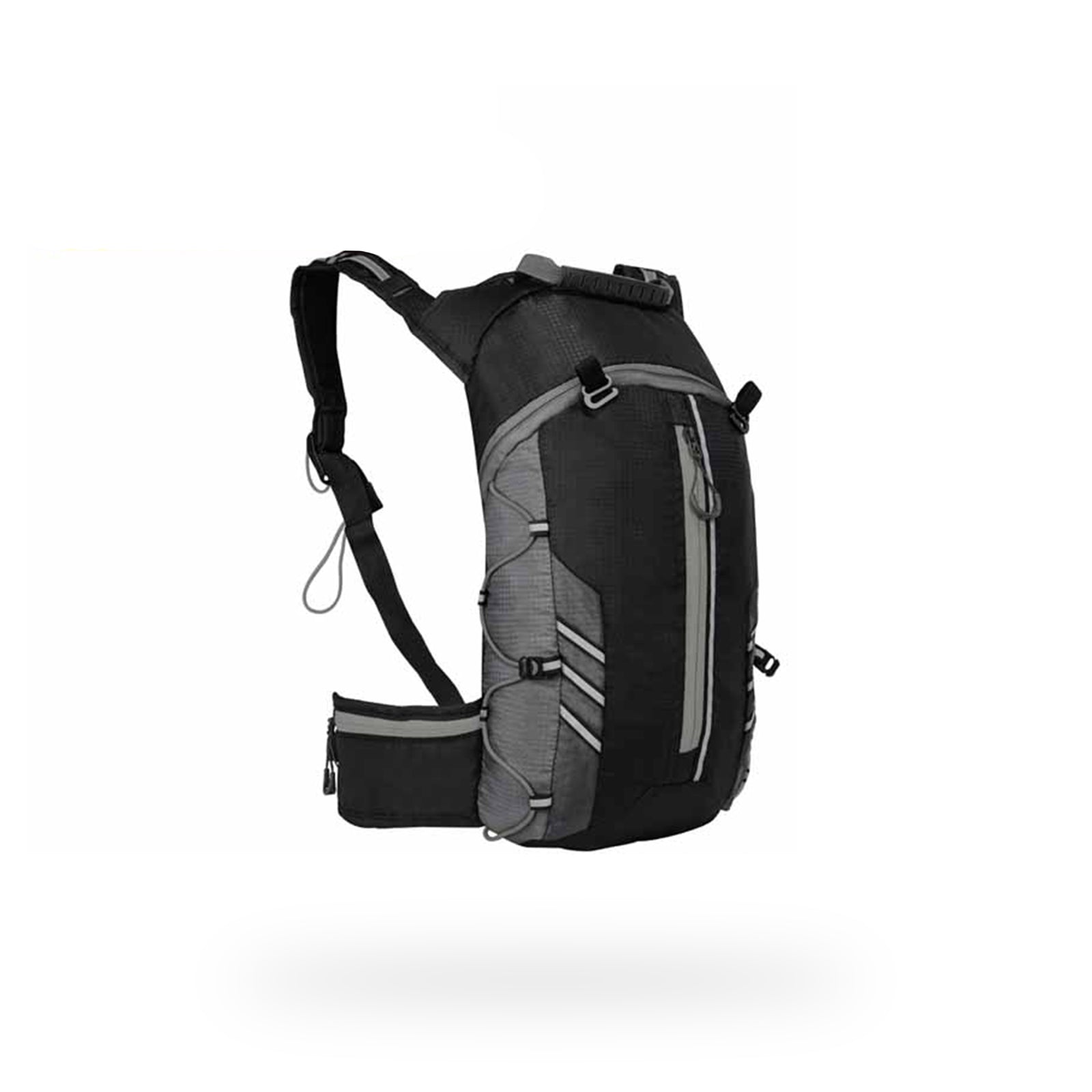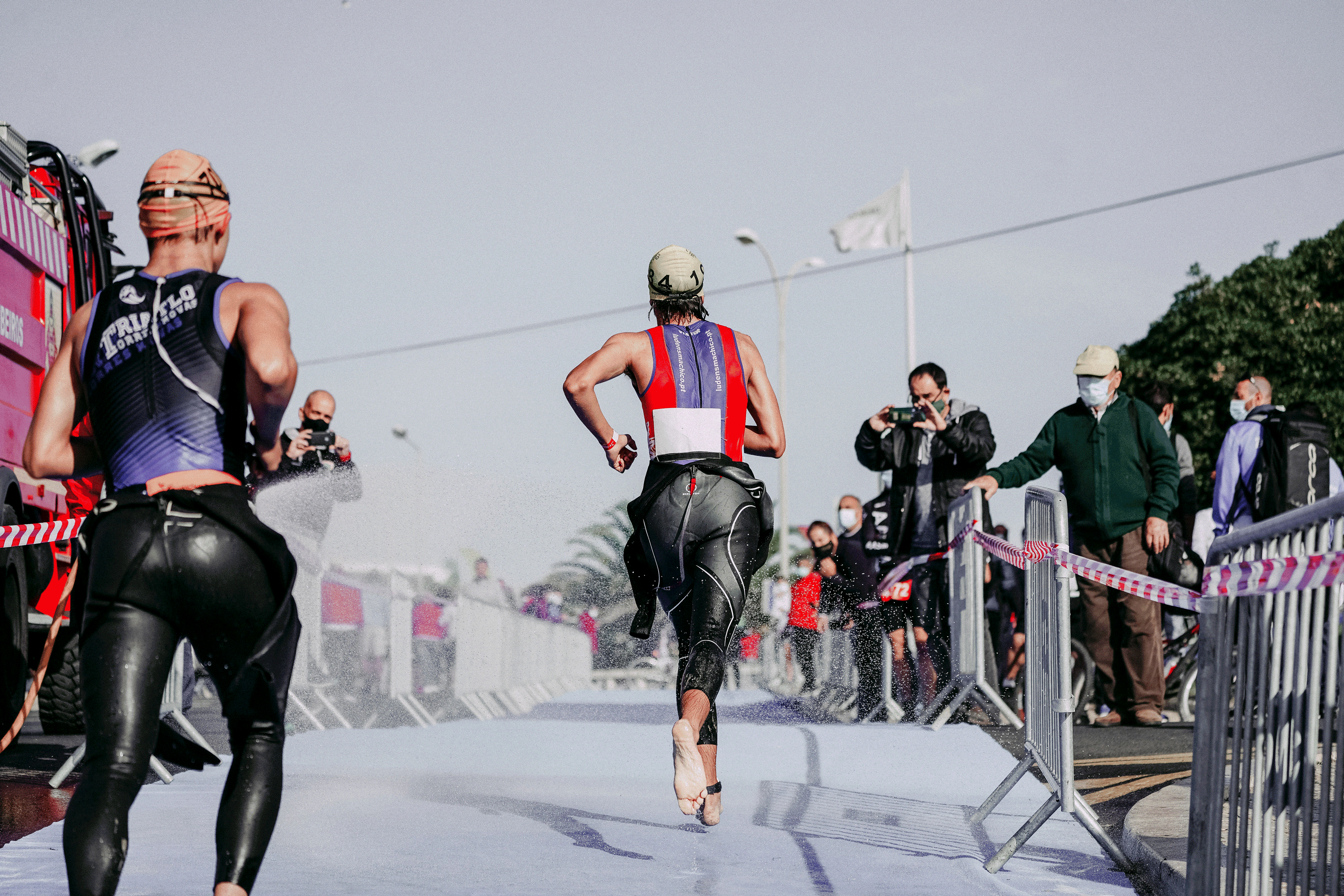
Why triathlon is the best sport for better mental health.
The vast majority of us know that exercise is good for our minds as well as our bodies. There is countless scientific and anecdotal evidence that state the claim that those who exercise regularly are happier and healthier. Our doctors know it, our employers know it, even our children know it but the truth is exercise can be really bloody tough when your mental health is not at its best.
It’s even tougher when you can’t even remember the last time you were ‘fit’, went for a run, played a sport, wore lycra or raised your heart rate to a place that feels uncomfortable. Even tougher when it seems everyone around is basking in yoga glory or 5k Parkrun bliss, giving you more reason to believe you’re on your own. Combine this with the negative drone in your head that can become so deafening you start to believe it - ‘I’m rubbish, pathetic, useless, horrible, selfish, overweight, ugly, pointless etc etc’ or ‘there are so many more worse of people than me, I should be out there running marathons!’ - it’s easy to see why the first steps to a fitter, more active lifestyle are so, so tough for those living with mental illness.
If you are suffering with mental illness, the first thing to do of course is to tell someone. There’s so much help out there that combines talking and medication which can and do help lift you out of the darkness. When you’re ready and want to start exercising to help you manage your mental health however, we think triathlon is the best place to start.
Here are our top reasons for turning to triathlon for better mental health:
2. Triathlon is three sports rolled into one. For self-esteem purposes, this means you have strong odds at being half decent at at least one activity, which means the person next to you has strong odds of being not so good at at least one activity. So in effect, what we’re saying is that this sport doesn’t hand you a stick to beat yourself up by comparing yourself to others because everyone who does it has something they need to work on - no one is perfect at triathlon.
The emotional stuff is the only thing we can control in the water, that and our swim technique. The facts are, usually, that the water is cold, there are rocks, seaweed and / or dark patches around, there are swimmers around, and you have to get from A to B. Learn to not listen to your emotional responses like ‘sh!t, I’m going to die’ and instead focus on what you can control - breathing in and out, moving your arms, your legs, your torso - and you become a better open water swimmer. This in turn gives you the skills to handle more and more situations in life that challenge you, scare you, worry you and panic you.
4. Triathlon is incredibly social, if you want it to be! Sometimes being around people can help to lift you out of the darkness, and sometimes all you need is some quiet. Triathlon can give you the healing power of exercise (think endorphins, blood flow and pressure, being outdoors etc) along with a fix of company or solitude. The best bit is that you don't always have to join a triathlon club to find people to train with. Remember you have three sports to choose from, or four if you’re also looking to develop your muscle strength and mobility (think pilates, yoga, strength and conditioning).
-
Commit to being realistic - triathlon requires consistency and discipline. Your first step is NOT going out and trying to run 5k, potentially hurting yourself, hating it and never doing it again. If you want to give triathlon a go, commit to starting with small steps, and make those small steps something you do regularly e.g. run-walk for 1 min intervals for 10 mins, 4-5 times a week.\
-
Train with compassion - if you are prone to low moods or dark thoughts, be aware that your mind may have developed some unhealthy thought patterns. In your first few weeks of triathlon be aware of thoughts like ‘I’m rubbish, I can’t do this, I’ve never been good at sport’ etc etc. Instead switch them with thoughts like ‘I’m doing this, I love being outside, I’ve done more than I thought I could’ etc etc
-
Find a friend - despite it being an individual sport, the triathlon community is a thriving one. Even if you prefer exercising alone, connecting to someone who also learning, discovering, getting things wrong, freaking out occasionally, having confidence wobbles can really help you to keep going.
-
Keep it simple - triathlon is swim, bike and run. Whether you participate in events or not, these are three of the most common activities in the world that most of us learn as children. However, there is a lot of jargon, kit and approaches to training out there. Try not to get hung up on it to start with, just focus on swim, bike and run
-
Embrace the challenge - However fit or unfit you are, triathlon is hard and can be hard to different people in different ways. But the good news is, everyone finds something about triathlon hard; whether it’s the runner who struggles to swim, or the swimmer who is unconfident on the bike, or the triathlete who gets injured all the time, our sport is challenging. But in the challenge comes a mountain of rewards, both physical and mental.
-
Build a relationship - a positive experience in triathlon requires building a positive relationship with yourself. Listen to your body, appreciate what it can do, not what it can’t, reward it, look after it and commit to giving every swim, every bike and every run your best shot.

